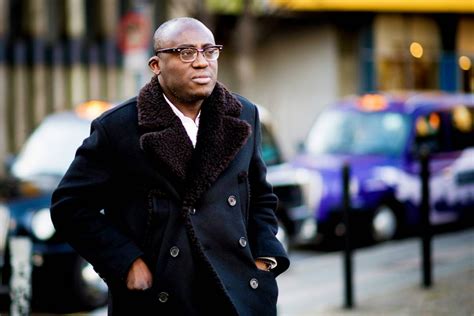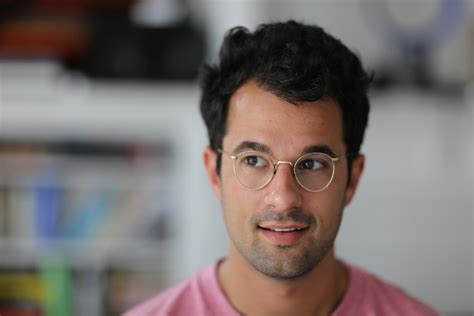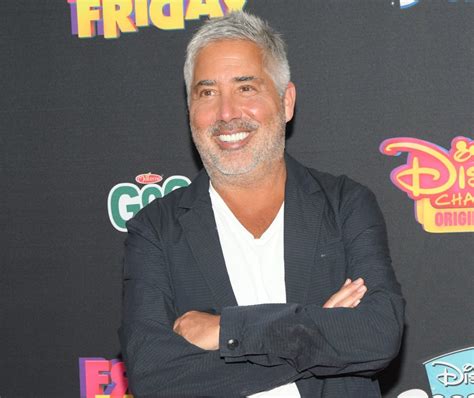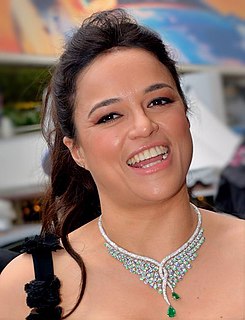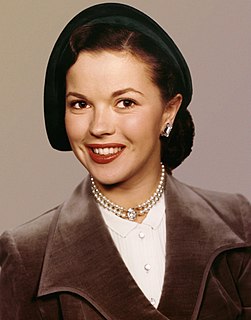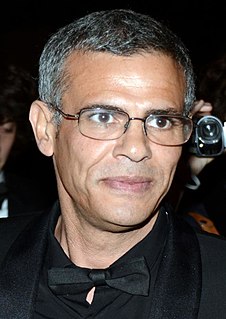A Quote by Sam Taylor-Johnson
I was always interested in film, but I never knew how to go about becoming a filmmaker.
Related Quotes
I was making commercials. That's how I learned the craft. That was the marketing part of it: directing commercial for TV. It wasn't the most common thing to become a filmmaker in Greece. I started by saying I was interested in marketing and have a proper job in advertising and commercials. Basically, I studied film to learn how to do marketing, and commercials. As I studied film I learned I'd be interested in making films instead of commercials.
When I make film music, I'm a filmmaker first and foremost. It's about serving the needs of the film. You're telling a story; in a way, you stop becoming a composer and become a storyteller instead. You tell the story with the most appropriate themes. How you approach these things is a very personal matter, but your goal is to tell the story first.
[ Blue is the Warmest Color ] was really a film about two people having to go through a relationship which everyone knew would lead to a breakup and the pain that that entails. Anybody can see that story, what leads to that, and identify with it. As a filmmaker, I wanted to construct this identification process with the characters so that you fully connect to their emotions and what their breakup [represents].








